Revolutionizing Mechanical Manufacturing: Innovations Driving Efficiency and Quality in Production
In recent years, the mechanical manufacturing industry has undergone a transformative shift driven by innovative technologies that enhance both efficiency and quality in production processes. According to a report by McKinsey & Company, the adoption of advanced manufacturing technologies could boost productivity in the sector by up to 30%, significantly reducing lead times and operational costs. Additionally, a study from the World Economic Forum highlights that companies integrating artificial intelligence and automation in mechanical manufacturing have seen improvements in product quality and consistency, with defect rates dropping by as much as 50%. These innovations not only streamline operations but also position mechanical manufacturing companies to better respond to the evolving demands of the market. As industries continue to embrace digital transformation, the future of mechanical manufacturing looks promising, promising sustained growth and competitive advantage for those willing to adapt.
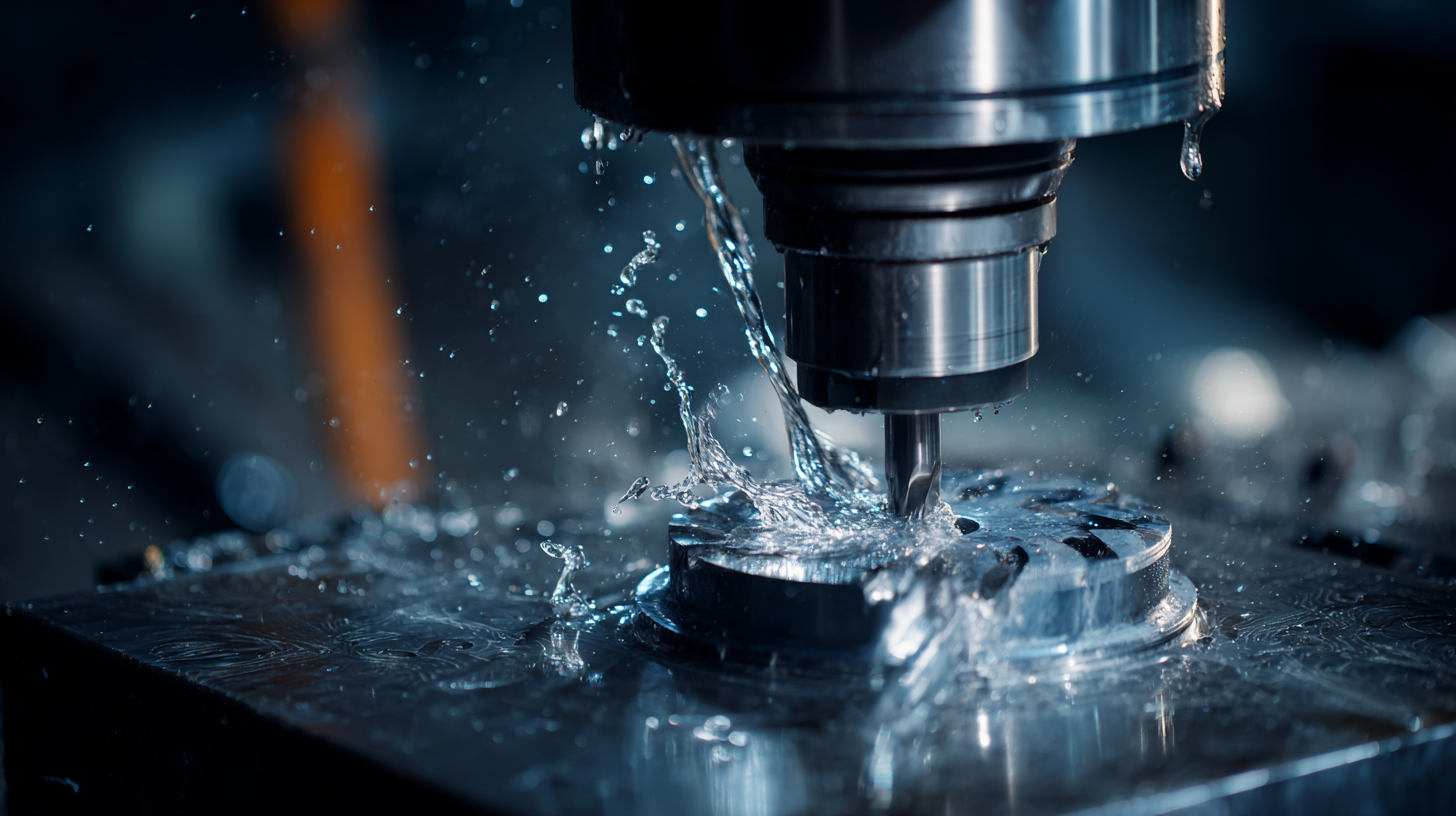
Innovative Automation Technologies Enhancing Mechanical Manufacturing Efficiency
Innovative automation technologies are fundamentally transforming mechanical manufacturing efficiency, with digital twin technology playing a pivotal role in this transition. By leveraging enhanced simulation design and high-resolution modeling, businesses can replicate and fine-tune manufacturing processes with unparalleled accuracy. This cutting-edge approach not only optimizes product design but also streamlines production workflows, paving the way for a new standard of efficiency and quality in manufacturing.
As industries increasingly embrace digital twins, the future of production lies in continuous self-optimization. The seamless integration of new IT advancements into comprehensive industrial software and automation hardware is essential for achieving a fully integrated automation system. This integration sets the stage for smart factories, allowing manufacturers to automate decision-making processes and enhance operational effectiveness. With the commitment to developing new qualitative productivity through the convergence of frontier technologies and industry, the mechanical manufacturing sector is poised for significant advancements that will redefine its trajectory in the coming years.
Integration of IoT in Production Systems for Real-Time Monitoring and Optimization
The integration of the Internet of Things (IoT) in mechanical manufacturing is transforming traditional production systems into highly efficient and responsive networks. According to a report by McKinsey, manufacturers that implement IoT technologies can increase productivity by up to 30% while reducing maintenance costs by up to 25%. This leap in efficiency is primarily due to real-time monitoring capabilities that enable manufacturers to track equipment health, optimize maintenance schedules, and minimize downtime.
Moreover, real-time data analytics empowered by IoT offers deeper insights into production processes. A study by Gartner reveals that over 75% of manufacturing organizations are expected to adopt IoT solutions by 2025, which will significantly enhance decision-making through data-driven strategies. With IoT devices collecting critical information such as temperature, humidity, and machine performance, organizations can swiftly adjust production parameters to ensure optimal quality and output. Consequently, the ongoing evolution of IoT in mechanical manufacturing is set to redefine the landscape, providing a framework for continuous improvement and competitive advantage.
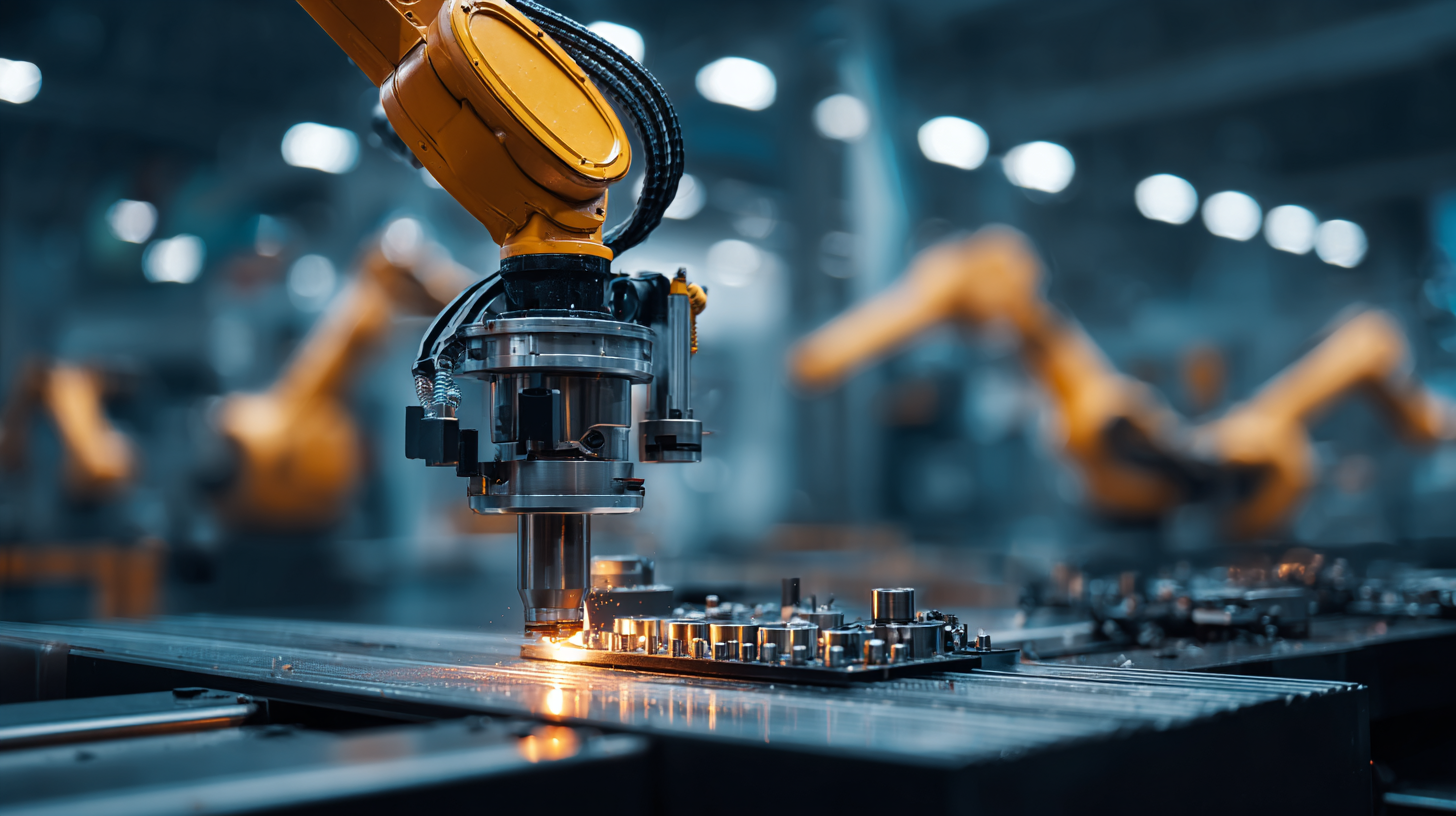
Utilization of Artificial Intelligence in Quality Control and Defect Detection
The integration of artificial intelligence (AI) into mechanical manufacturing is revolutionizing the landscape of quality control and defect detection. As the global 3D machine vision market is projected to grow from $3.92 billion in 2024 to $8.44 billion by 2032, with a compound annual growth rate of 10.1%, AI is playing a crucial role in enhancing production efficiency and ensuring product quality. By harnessing advanced algorithms and machine learning techniques, manufacturers can achieve real-time monitoring of production lines, identifying defects at unprecedented speeds and accuracy.
AI-powered inspection systems provide a sophisticated alternative to traditional quality control methods, drastically reducing the chances of human error and increasing overall productivity. These systems utilize 3D imaging and data analysis to assess product conformance, detecting even the slightest irregularities that might go unnoticed. This not only streamlines the manufacturing process but also fosters a culture of continuous improvement, as manufacturers can swiftly address recurring issues and optimize their operations accordingly. The increasing adoption of AI-driven quality control solutions is set to significantly shape the future of mechanical manufacturing, making processes more efficient and producing higher-quality products.
Impact of Advanced Robotics on Production Speed and Labor Costs in Manufacturing
The integration of advanced robotics in mechanical manufacturing has significantly transformed production processes, primarily focusing on enhancing speed and reducing labor costs. These sophisticated robotic systems, equipped with artificial intelligence and machine learning capabilities, can execute complex tasks with incredible precision and speed. This not only accelerates the assembly line but also allows for continuous operation without the fatigue that human workers may experience, thereby maximizing output and efficiency.
Moreover, the adoption of robotics greatly impacts labor costs. By automating repetitive and strenuous tasks, manufacturers can allocate their human workforce to more strategic roles that require creativity and problem-solving skills. This shift not only reduces the number of workers needed for specific production lines but also lowers training costs and minimizes the risk of workplace injuries. Ultimately, advanced robotics not only drive efficiencies but also enable companies to deliver high-quality products at competitive prices, positioning them favorably in the rapidly evolving marketplace.
Data-Driven Decision Making: How Big Data Analytics Transforms Manufacturing Processes
Data-driven decision making is at the forefront of transforming manufacturing processes, significantly enhancing both efficiency and product quality. By leveraging big data analytics, manufacturers can analyze vast amounts of information generated during production. This analytical capability allows companies to identify patterns and insights that were previously hidden, leading to informed decisions that optimize operations. For example, predictive maintenance, driven by data analysis, helps in anticipating equipment failures before they occur, thus minimizing downtime and prolonging the lifespan of machinery.
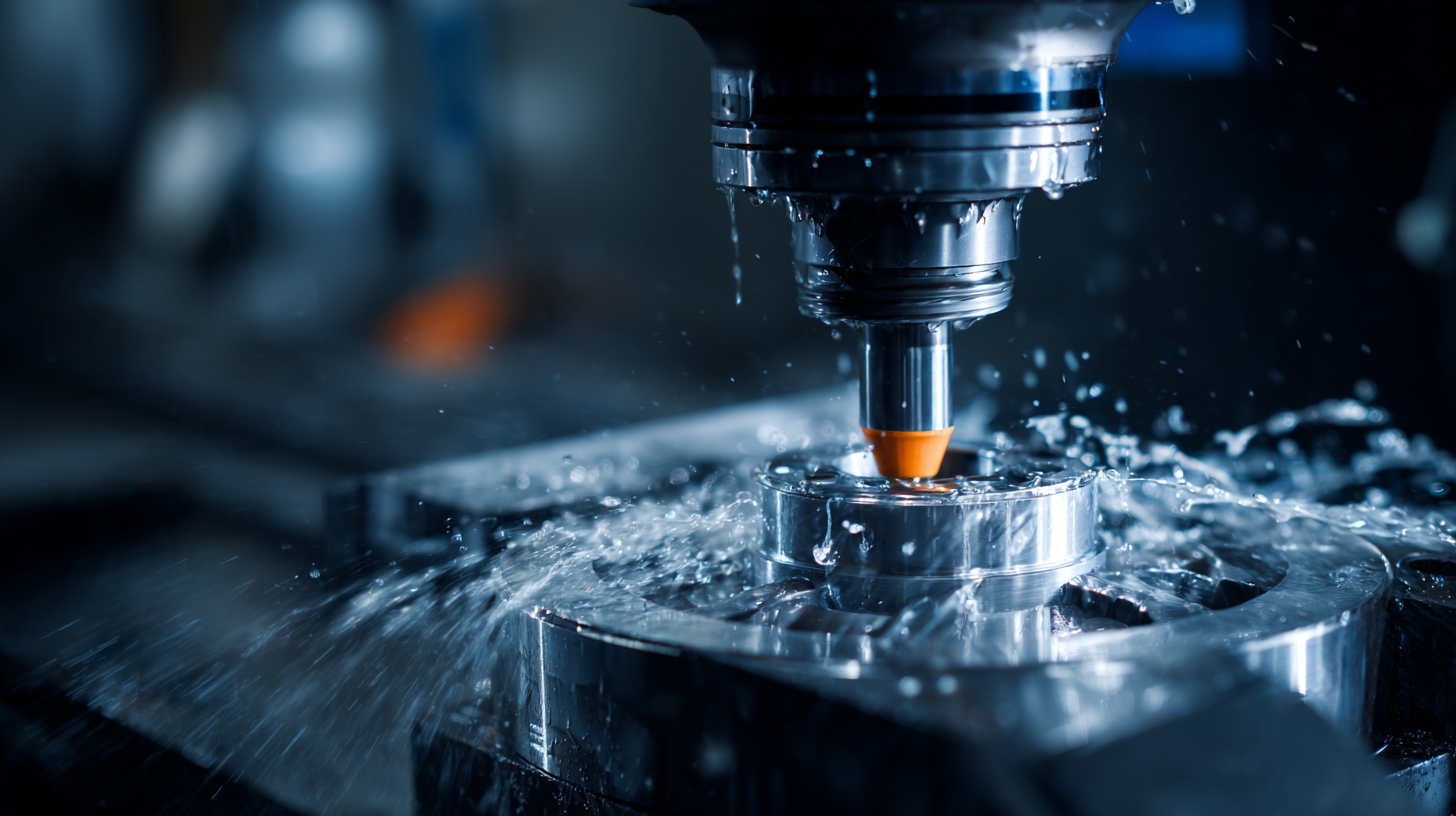
Moreover, big data analytics facilitates real-time monitoring of production lines, enabling manufacturers to swiftly adapt to changing conditions. By embedding sensors and IoT devices into manufacturing systems, organizations can collect and analyze data on everything from supply chain dynamics to workforce productivity. This not only speeds up decision-making but also enhances overall operational efficiency. As a result, manufacturers can fine-tune their processes and resource allocation, ultimately leading to higher quality outputs and greater customer satisfaction. The integration of data analytics into manufacturing represents a paradigm shift, paving the way for a smarter, more responsive industry.
Related Posts
-
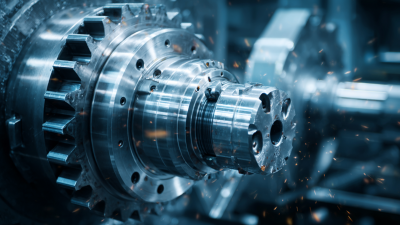
How to Optimize Mechanical Manufacturing Efficiency Using Data Analytics Techniques
-
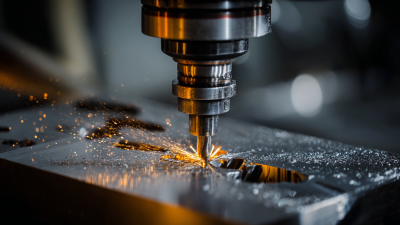
Ultimate Checklist for Achieving Best CNC Precision Engineering Excellence
-

Exploring Innovative Alternatives in Machine Engineering for Enhanced Efficiency and Productivity
-
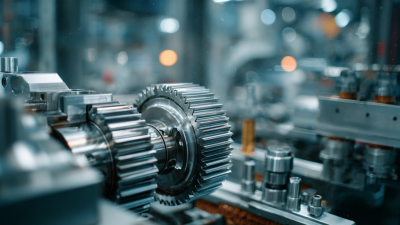
Exploring Trends in Mechanical and Electrical Engineering at the 138th Canton Fair 2025 in China
-
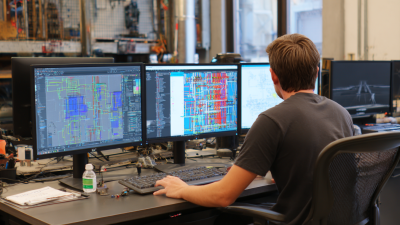
Why Engineering Solutions Are Vital for Reducing Project Costs by Up to 30 Percent
-

How to Choose the Right CNC Precision Engineering Solutions for Your Business Needs
